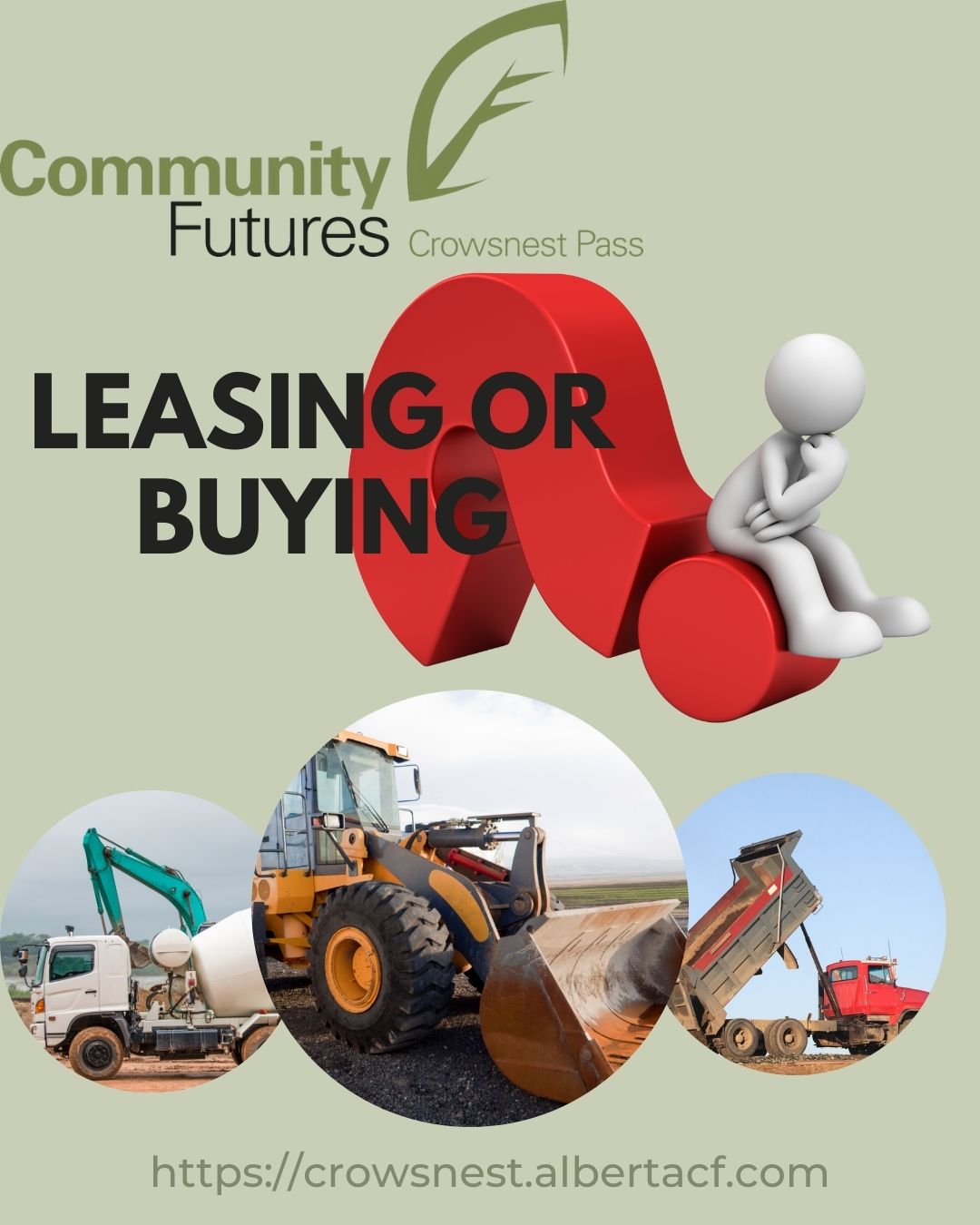
Choosing between leasing and buying equipment is crucial for small businesses.
Here's a summary of key considerations:
- Cost: Leasing typically involves lower upfront costs compared to buying. It can be a cost-effective option for businesses with limited capital.
- Flexibility: Leasing offers flexibility, as you can easily upgrade to newer equipment. It's suitable for businesses with evolving needs or seasonal fluctuations.
- Ownership: Buying equipment provides ownership and long-term cost savings. It's ideal for essential assets with a long lifespan and stable usage.
- Maintenance and Repairs: Leasing often includes maintenance and repair services, reducing the burden on your business. However, owning equipment gives you full control over maintenance and customization.
- Tax Benefits: Both leasing and buying offer tax benefits, but they vary. Consult with a tax professional to understand the tax implications of each option.
- Cash Flow: Leasing may offer better cash flow management with predictable monthly payments. Buying requires a larger upfront investment but eliminates ongoing lease payments.
Consider your business needs, budget, and long-term goals when deciding between leasing and buying equipment. Each option has its pros and cons, so choose wisely based on what aligns best with your business strategy.



